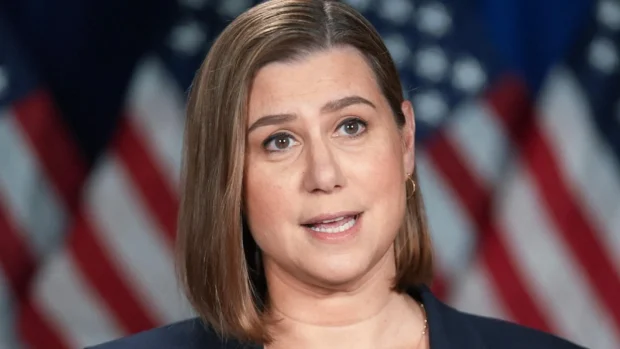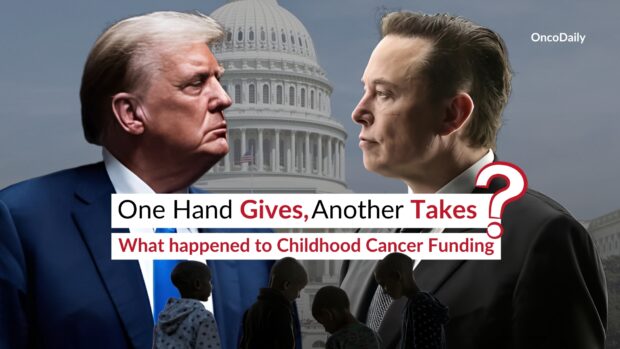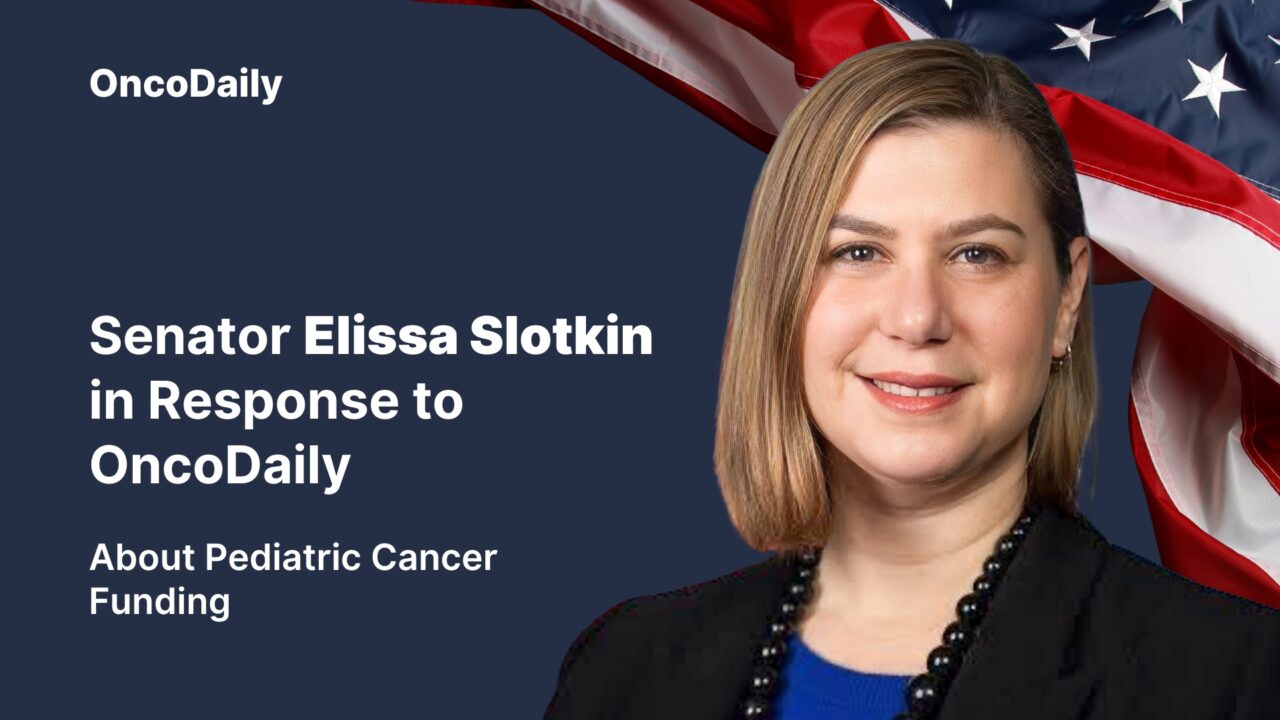Senator Elissa Slotkin has emphasized the vital importance of pediatric cancer research, which has long been a national priority. In January, OncoDaily highlighted a critical issue in pediatric oncology funding after a government deal came under scrutiny following Elon Musk’s criticism on social media. Musk referred to the bill as a “Christmas tree,” arguing that it contradicted conservative principles.
Amid growing pushback, key provisions, including the Gabriella Miller Kids First Research Act 2.0 and the Give Kids a Chance Act, were stripped from the final bill. These measures would have allocated $190 million for pediatric cancer and rare disease research at the NIH. Despite bipartisan support, they became casualties of a broader spending battle, raising concerns about the future of pediatric oncology research.
The fallout has sparked debate among lawmakers, advocacy groups, and public figures about responsibility and how to ensure pediatric cancer remains a priority. The funding loss raises urgent questions about the nation’s commitment to fighting pediatric cancer and preventing research setbacks due to political disputes.
Recognizing the significance of this issue, OncoDaily decided to write and send an article to U.S. senators, urging them to take action and ensure that pediatric cancer research remains a national priority. In addition to highlighting the impact of the funding cuts, OncoDaily sought clarity on key legislative decisions by posing the following questions to lawmakers:
- What were the main reasons the Gabriella Miller Kids First Research Act and other related provisions were delayed or put on hold during earlier sessions?
- Why were key measures, such as those in the Give Kids a Chance Act, ultimately omitted from the final spending package?
- Are there plans or strategies under consideration to restore or enhance funding for pediatric cancer research in the near future?
Senator Elissa Slotkin’s Response
Senator Elissa Slotkin of Michigan has reiterated her steadfast commitment to advancing cancer research funding, particularly as it pertains to pediatric cancer. Her response comes amid concerns about the ongoing political battles that have impacted cancer research allocations in recent government spending packages.In a recent communication to OncoDaily, Slotkin emphasized the personal connection she feels toward this cause.

source: www.cbcnews.com
As a mother and advocate for Michigan families, she stated,
“I understand firsthand how devastating a cancer diagnosis can be. As a mother and a representative, I believe we must do everything in our power to fund research that can lead to better treatment options and ultimately save lives.”
Slotkin, a key member of the House Appropriations Committee, has long advocated for increased federal funding for cancer research. She specifically referenced the work of the National Cancer Institute (NCI) and other federal agencies involved in oncology.
“I’ve consistently advocated for increased funding across all levels of cancer research, including for the National Cancer Institute (NCI) and programs focused on childhood cancer,” Slotkin explained.
“These are the agencies that provide the resources and the expertise needed to make real progress in the fight against cancer.”
Despite growing political challenges, Slotkin remains committed to ensuring cancer research remains a priority in federal funding discussions. Her work includes supporting legislation that strengthens cancer treatment and research, ensuring equitable access to life-saving treatments for those affected by cancer in Michigan and beyond.
Legislative Efforts and Federal Investment in Pediatric Cancer
Slotkin’s commitment to pediatric cancer research is evident through her active involvement in supporting key pieces of legislation, including the Childhood Cancer Survivorship, Treatment, Access, and Research (STAR) Act. Co-authored with Senator Shelley Moore Capito in 2018 and reauthorized in 2023, the STAR Act has allocated millions of dollars for research on childhood cancers, treatment advancements, and survivorship programs.
“This law ensures the federal government expands funding to research childhood cancers, explores effective treatment options, identifies and tracks childhood cancer rates, and enhances the quality of life for childhood cancer survivors,” Slotkin explained
Additionally, Slotkin has co-sponsored various bills aimed at improving access to new treatments for children with rare cancers. These efforts are designed to close gaps in treatment options and ensure that new therapies are safe and effective for pediatric patients. “There is no reason why a child’s access to cutting-edge cancer treatments should be limited by where they live or the type of cancer they have,” Slotkin added.
OncoDaily will continue to monitor and investigate this issue, ensuring that discussions surrounding medical research funding, including pediatric cancer initiatives, remain at the forefront.

Read Also: OncoDaily’s Special Editorial Article on Pediatric Cancer Funding Cut


